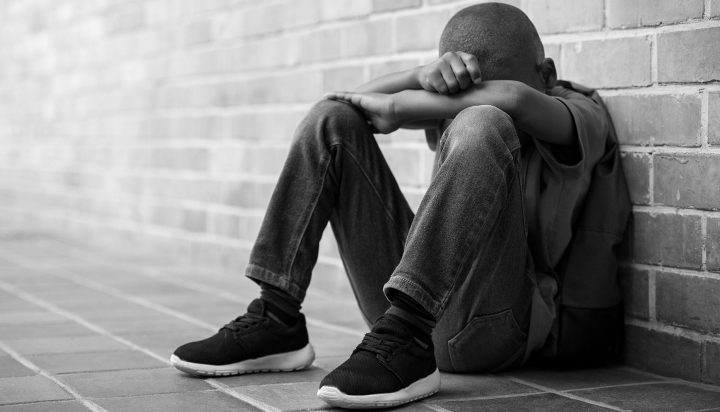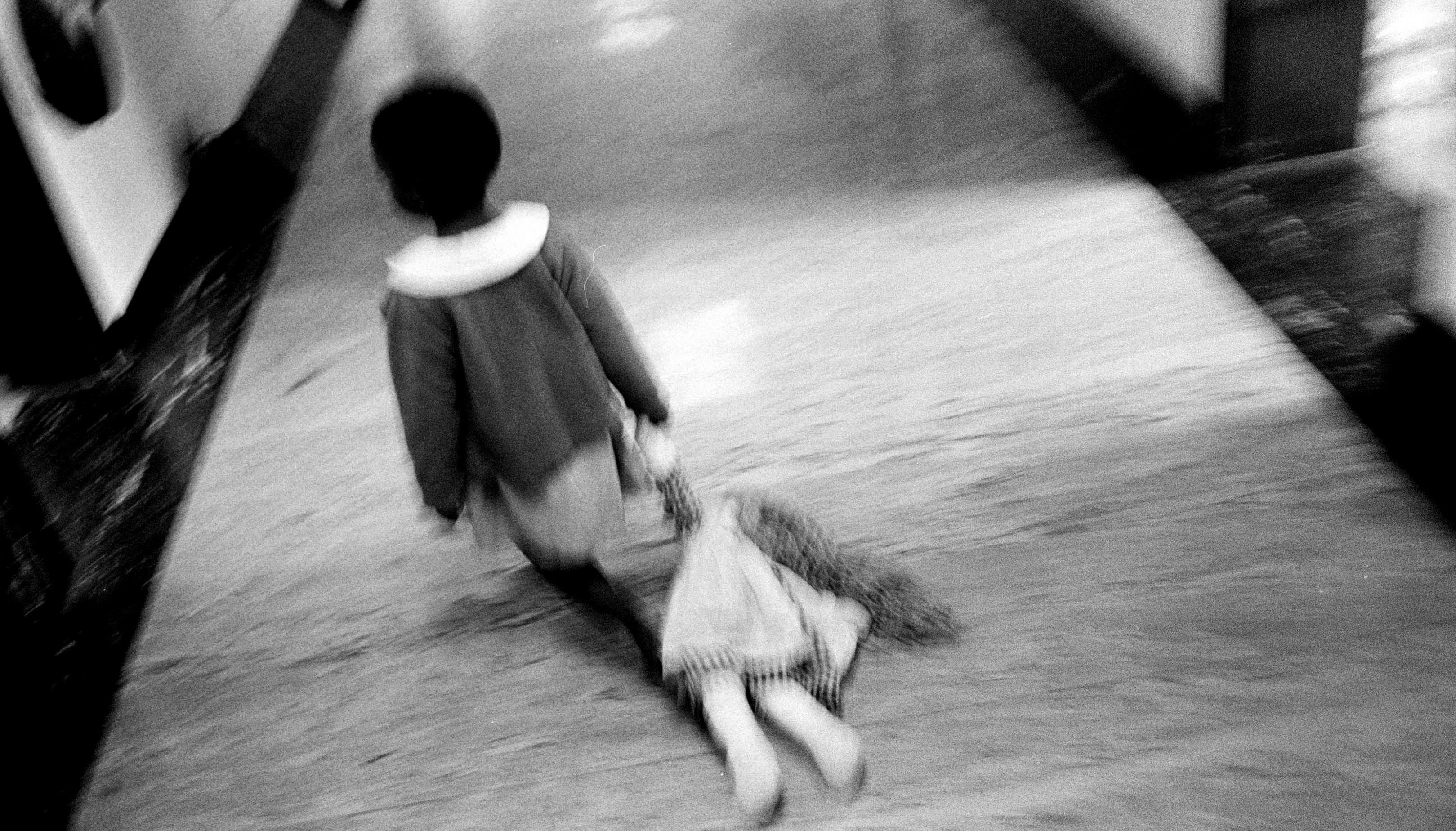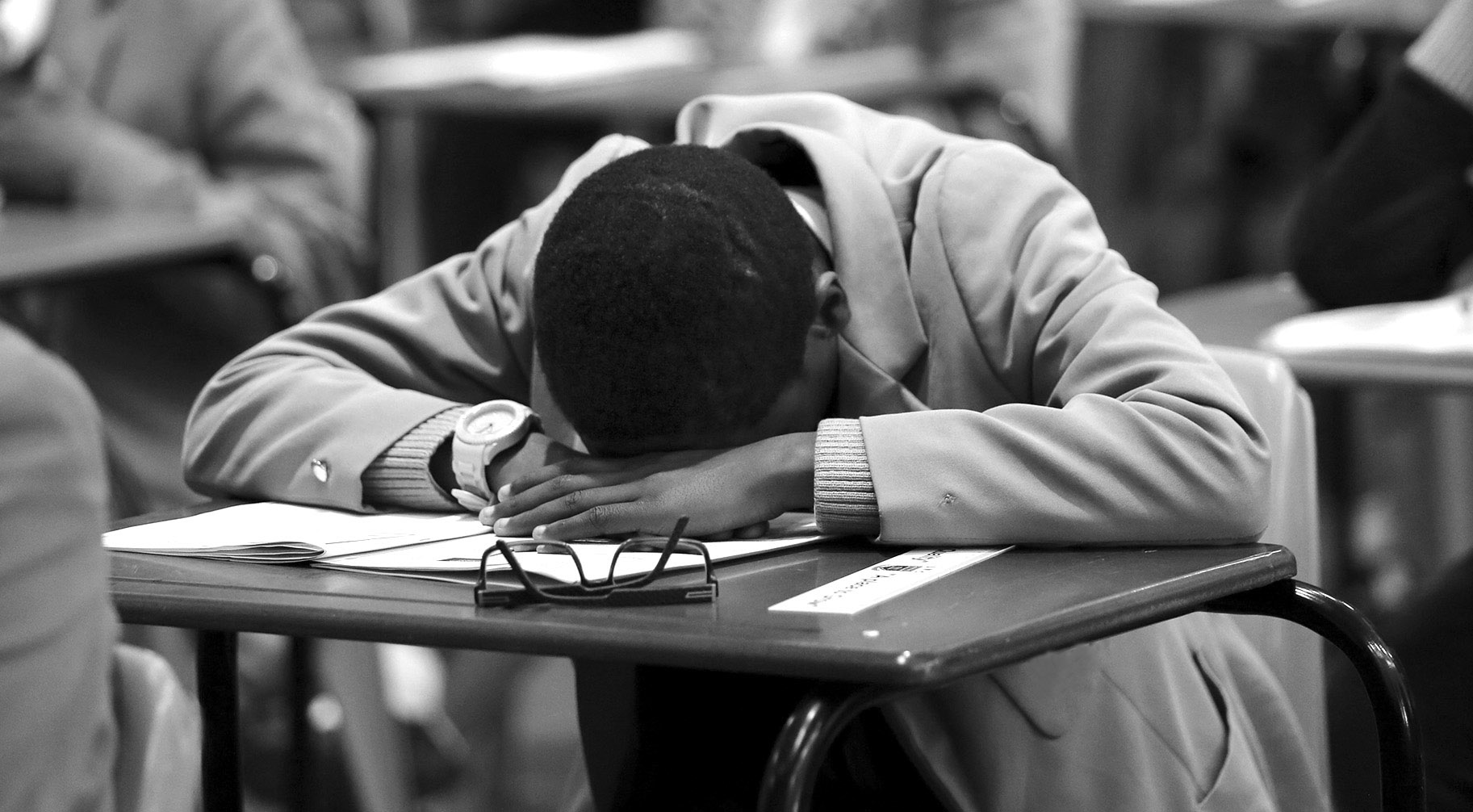#YOUTHRISING2022 OPED
Child and adolescent mental health services in SA… let us not be found wanting (again)

Child and adolescent mental health is but one area in which we have made little progress on our constitutional commitments to the health and wellbeing of children. We are indeed to be found sadly wanting.
The South African Child Gauge, launched today (Wednesday), focuses on the much-neglected but critically important topic of child and adolescent mental health (CAMH). In 2003, the Department of Health usefully described CAMH as including:
“a sense of identity and self-worth; sound family and peer relationships; an ability to be productive; a capacity to use developmental changes and cultural resources to maximise development.”
Nearly 20 years later, the 2022 Child Gauge authors point to the risk factors that undermine child and adolescent mental health and make psychological disorders more likely.
Read: Global burden of mental disorders among children aged five to 14 years
Foremost among these — all highly prevalent in South Africa — are exposure to maltreatment and violence in homes, schools and neighbourhoods, grinding long-term poverty and inequality.

Despite lofty phrases, many promises and rigorous research evidence presented to the health and other relevant departments, we have made no progress in addressing the mental health needs of children and adolescents. (Photo: ttbc.org.zaa / Wikipedia)
An additional concern is that when children and adolescents do develop psychological disorders, and are not treated, these often continue into adulthood, contributing to the ongoing distress of affected individuals and those who care for them, and affecting their ability to contribute productively to society.
The Child Gauge authors point out that in South Africa, fewer than 10% of children and adolescents who need a mental health service, receive it.
Despite lofty phrases, many promises and rigorous research evidence presented to the health and other relevant departments, we have made no progress in the nearly 30 years. This history reveals our serial failure to meet our unshirkable and unambiguous constitutional obligation to address the mental health needs of children and adolescents. Let us remind ourselves that the Constitution promises all children an immediate right to “basic nutrition, shelter, basic healthcare services and social services”, and says a child’s best interests “are of paramount importance in every matter concerning the child”.
But has this happened? Let’s look at the record.
Unfulfilled promises and unimplemented policies
On 16 June 1994, the National Children’s Rights Committee presented its National Plan of Action for Children in South Africa to President Nelson Mandela.
The plan outlined South Africa’s commitments to children in terms of the United Nations Convention on the Rights of the Child (UNCRC), ratified in June 1995. Among the commitments was a national programme to increase the “quality, quantity and accessibility of mental health support and counselling services, with a particular focus on care in the community, and support for families and carers”. The importance of school psychological services was recognised too. All of this is entirely appropriate and echoed in mental health policy proposals drawn up by professionals and presented to the government in 1997.
The 2003 Health Department policy guidelines for CAMH called “for age-specific and intersectoral interventions in child and adolescent mental health services to reduce the impact of risk factors and to enhance the effects of protective factors”.
The guidelines also provided an outline of the services required to promote CAMH and address the needs of the 17% to 20% of the population under 18, who would be likely to need professional intervention (including those with intellectual disabilities). And in 2005, recommendations from research (commissioned and paid for by the department) into the need for norms and standards for primary, secondary and specialist CAMH services were provided to the health minister.
Writing in 1997 on the Truth and Reconciliation Commission hearings for young people and the recent ratification of the UNCRC, Pamela Reynolds and I said:
“It is easy to sign conventions. It is a lot more difficult to convince those with power to commit sufficient financial, personnel and material resources to making the provisions of the Convention a reality. It is necessary that this be done in order to overcome the ravages of apartheid and address the situation of those who gave their formative years to political struggle. It is in the interests of a productive, peaceful and just future of South Africa that this be done.”
And referring to the role of the young in the political struggle, we said:
“History will record the role that the young played in securing liberation. History will also record the achievements of the nation in relation to the wellbeing of the young. Let us not be found wanting.”

Highly prevalent in South Africa are exposure to maltreatment and violence in homes, schools and neighbourhoods; grinding long-term poverty, and the experience of inequality. (Photo: Gallo Images / The Times / Shelley Christians) .
Child and adolescent mental health is but one area in which we have made little progress on our constitutional commitments to the health and wellbeing of children.
We are indeed to be found sadly wanting.
It is to be hoped that, as recommended in the 2022 Child Gauge, a paradigm shift towards district-level services provided by the Health Department in close collaboration with the other key departments (Education and Social Development), will scale up access to the many thousands of children and adolescents who need a mental health service. DM/MC
Andrew (Andy) Dawes is Associate Professor Emeritus in the Department of Psychology at the University of Cape Town. He was a co-founder of the Children’s Institute, and subsequently a Research Director at the Human Sciences Research Council. For the past seven years he contributed to the Young Lives longitudinal study of children growing up in poverty in India, Ethiopia, Peru and Vietnam, and based at the University of Oxford. Throughout his career he has conducted applied research to inform policy and interventions designed to improve the wellbeing and development of young children in poverty. He is a member of the team that conducted South Africa’s first nationally representative survey of preschool children, known as the Thrive By Five study.





















 Become an Insider
Become an Insider
Comments - Please login in order to comment.